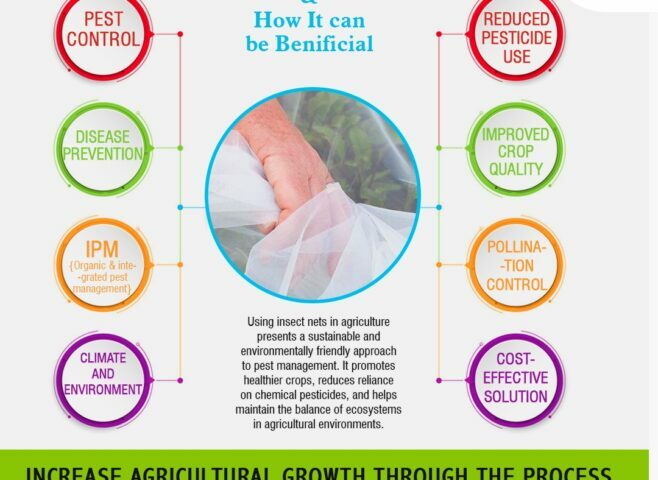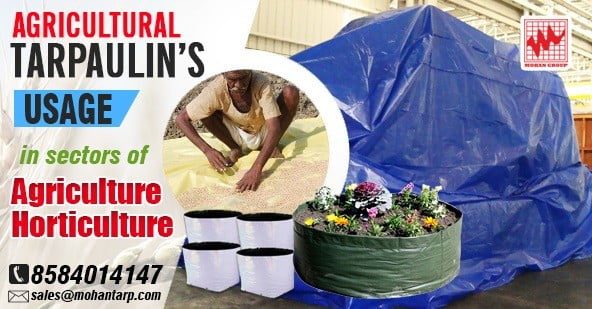About Polyhouse Films Uses & Applications in Agriculture
Polyhouse films, also known as greenhouse films or polyethylene films, are widely used in agriculture for constructing polyhouses or greenhouses. These films serve various purposes and have several applications in modern farming practices. Here are some common uses and applications of polyhouse films.

These Polyhouse sheets serve various purposes and have several applications in agriculture. Here are some common uses and applications of plastic polyhouse film:
- Crop Protection – The films act as a barrier, protecting crops from harsh weather conditions such as rain, wind, and extreme temperatures. They also help in preventing the entry of pests and diseases, reducing the need for chemical pesticides.
- Climate Control – These plastic films create a controlled environment within the structure, allowing farmers to manipulate temperature, humidity, and light levels.
- Temperature Regulation – Polyhouse sheets can trap solar radiation, creating a warmer environment inside the structure. This is especially advantageous in cold climates or during the colder seasons, extending the growing season for crops.
- Light Diffusion – Polyhouse sheets are designed to allow the transmission of sunlight while diffusing it to create an even distribution of light within the polyhouse. This helps in preventing hot spots and reduces the intensity of direct sunlight, promoting uniform growth and preventing sunburn on plants.
- UV Stabilization – This polyhouse films are made with Polyethylene which are often treated to resist degradation from ultraviolet (UV) radiation. UV stabilization ensures the longevity of the films and prevents them from becoming brittle or losing their structural integrity over time.
- Water Conservation – Some polyhouse sheets are designed to control the amount of water entering the structure, allowing for efficient water conservation.
- Insect & Pest Control – polyhouse sheets help in preventing the entry of insects and pests, reducing the need for chemical pesticides and promoting more sustainable farming practices.
- Organic Farming – Polyhouses provide a protected environment that can be conducive to organic farming practices. They help in minimizing the impact of external factors, allowing farmers to grow organic crops with reduced reliance on synthetic inputs.
- Crop Quality Improvement – The controlled environment provided by polyhouse films contributes to improved crop quality, yield, and consistency. This is beneficial for growing high-value crops and meeting market demands.
- Season Extension – Polyhouse sheets enable the extension of the growing season by providing a controlled environment. This is particularly beneficial for growing crops outside their natural growing seasons, thereby increasing overall productivity.
Overall, agriculture polyhouse films play a crucial role in modern agriculture by offering a versatile and efficient solution for creating controlled environments that enhance crop production and quality.





